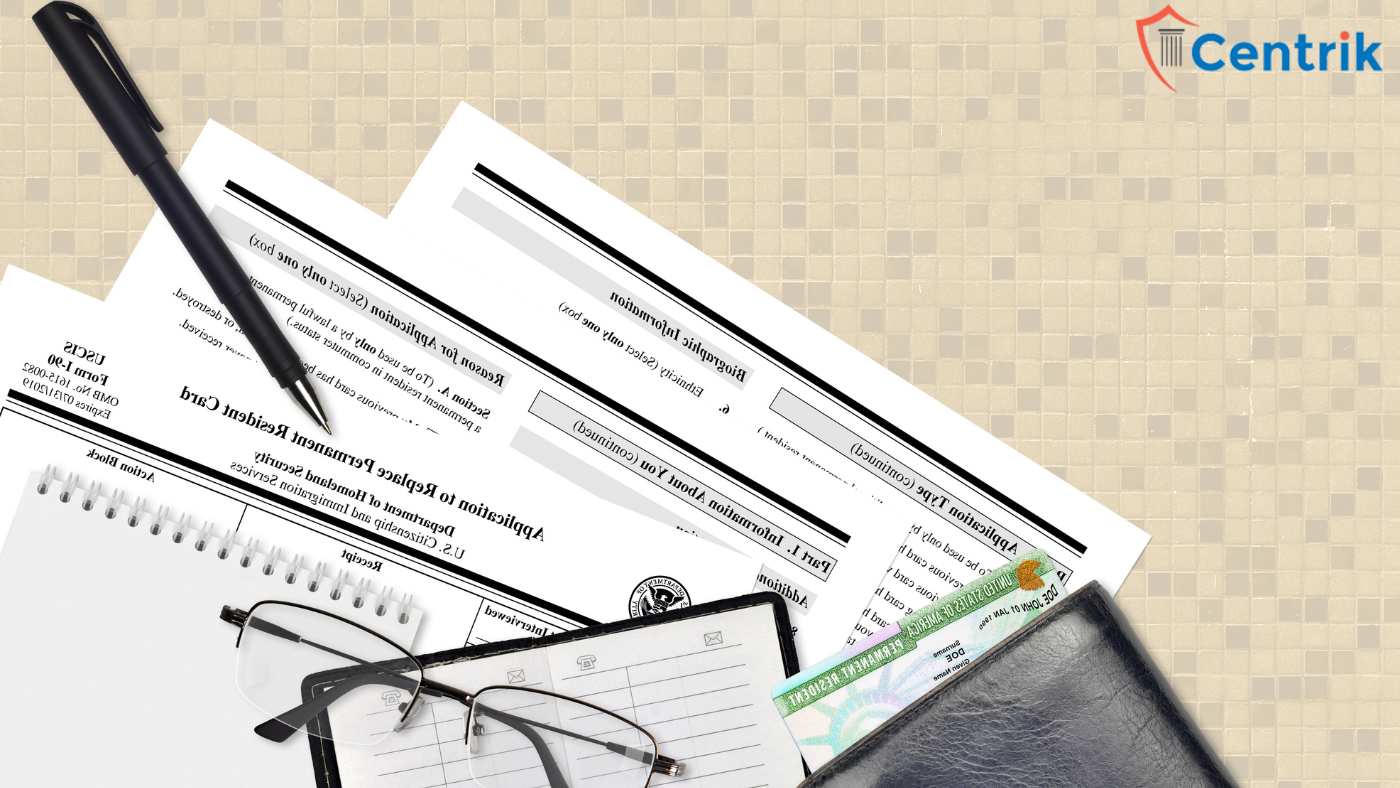
INTRODUCTION
The Real Estate (Regulation and Development) Act, 2016 (RERA) was enacted in India to regulate the real estate sector and protect the interests of homebuyers. While RERA primarily focuses on ensuring transparency in property transactions and safeguarding the rights of buyers, it does not explicitly specify rules regarding maintenance charges.
Maintenance charges are typically determined by the builder or the housing society and are meant to cover the costs of maintaining common areas and amenities within a residential complex. These charges are usually outlined in the sale agreement or builder-buyer agreement.
Under Section 4(d) of RERA, 2016, the developer is responsible for providing and maintaining the essential services, on reasonable charges, till the taking over of the maintenance of the project by the association of the allottees.
If the builder is not handing over maintenance responsibilities to the Resident Homebuyer Association (RWA) as per the agreed-upon terms. In such a situation, there are several remedies that the RWA can explore:
- Legal Action under RERA:
- RERA provides certain rights and obligations for both builders and buyers. The RWA can explore legal options under RERA to compel the builder to fulfill their responsibilities, including handing over maintenance to the association.
- Complain with the local RERA authority, providing details of the non-compliance by the builder.
- Review the Agreement:
- Review the builder-buyer agreement and other relevant documents to understand the terms related to the handover of maintenance responsibilities.
- If the agreement specifies a timeline or conditions for the handover, use this information to press the builder to comply
- Communicate with the Builder:
- Reach out to the builder in writing, clearly expressing your concerns and referring to the specific clauses in the agreement related to maintenance handover.
- Request a meeting or discussion to resolve the issue amicably.
- Document Everything:
- Keep a record of all communications with the builder, including emails, letters, and any responses.
- Document any maintenance issues you are facing and the builder’s response.
5. Form a Homebuyer Association:
- If one doesn’t already exist, consider working with fellow homeowners to form a homebuyer association.
- The association can collectively address the issue with the builder and take legal action if necessary.
- Hold a Meeting with Homeowners:
- Organize a meeting with other homeowners to discuss the situation and decide on a collective course of action.
- Strength in numbers can be influential in negotiations.
- Mediation or Arbitration:
- Depending on the terms of your agreement, mediation or arbitration may be an option to resolve disputes without going to court.
- Legal Action under Consumer Protection Act and Other Laws:
- If all else fails, and the builder continues to breach the agreement, you may need to consider legal action.
- Consult with your attorney to determine the best course of action and potential legal remedies.
- File a complaint with the consumer court against the builder for deficiency in services if the delay in handing over maintenance affects the residents’ quality of life.
- Provide evidence of the builder’s failure to fulfill contractual obligations.
Conclusions:
It’s crucial for homebuyers to be aware of the specific terms related to maintenance charges in their property agreement and to seek clarification from the builder or seller if needed. Consulting with legal professionals early in the process is advisable to explore the most effective and timely remedies for the specific situation.




 join For Updates
join For Updates